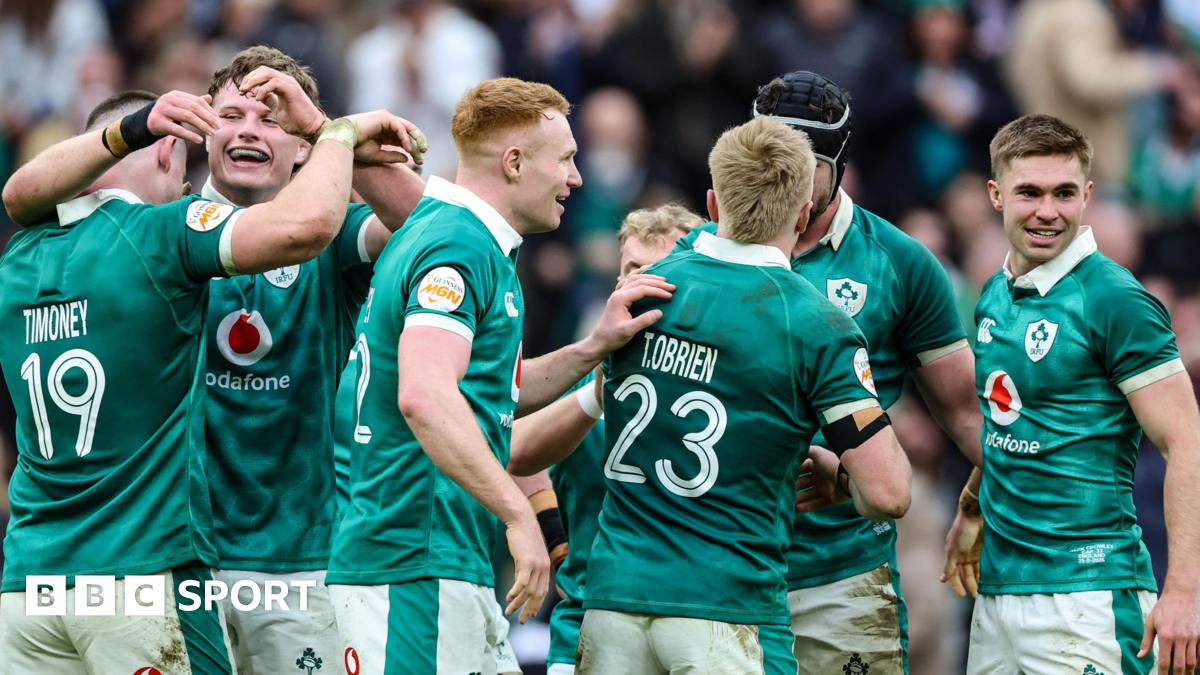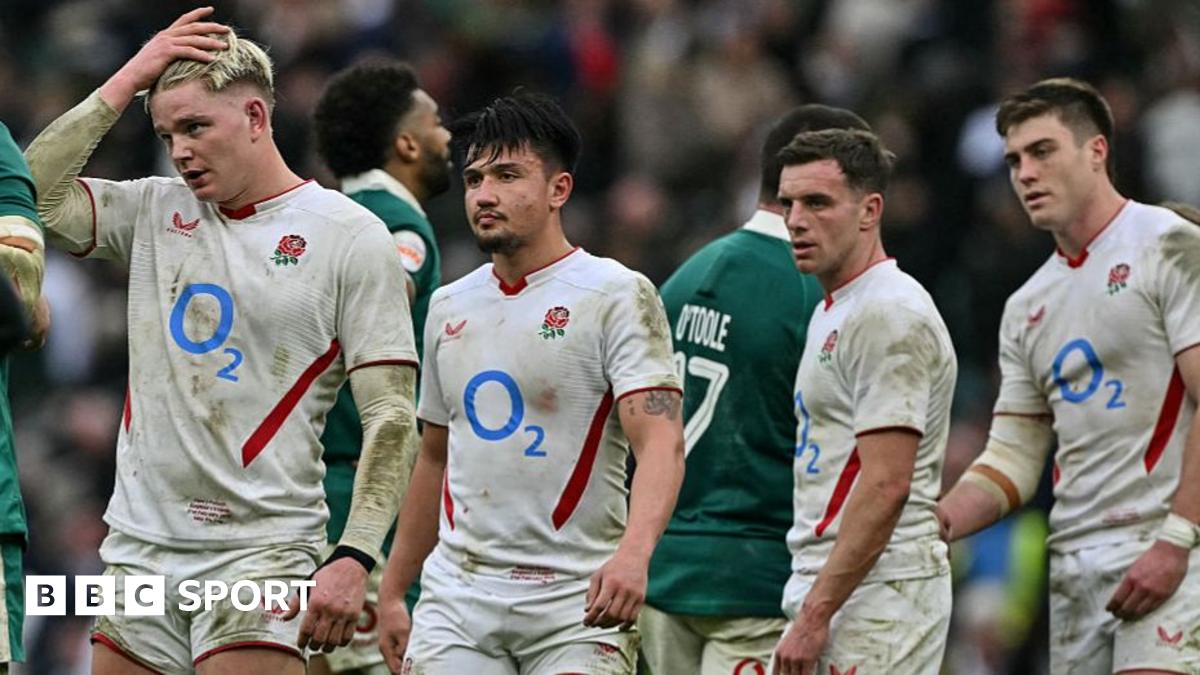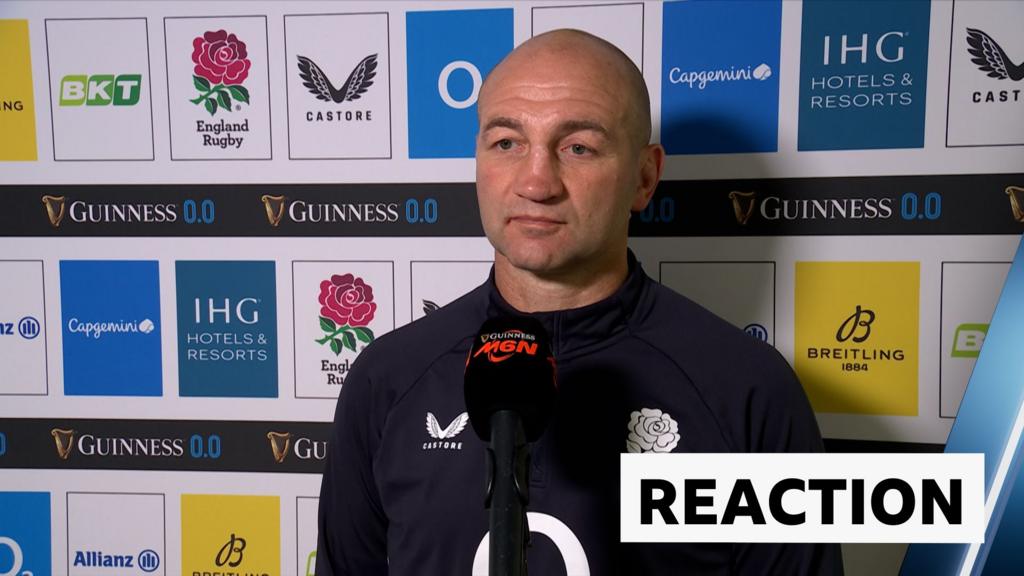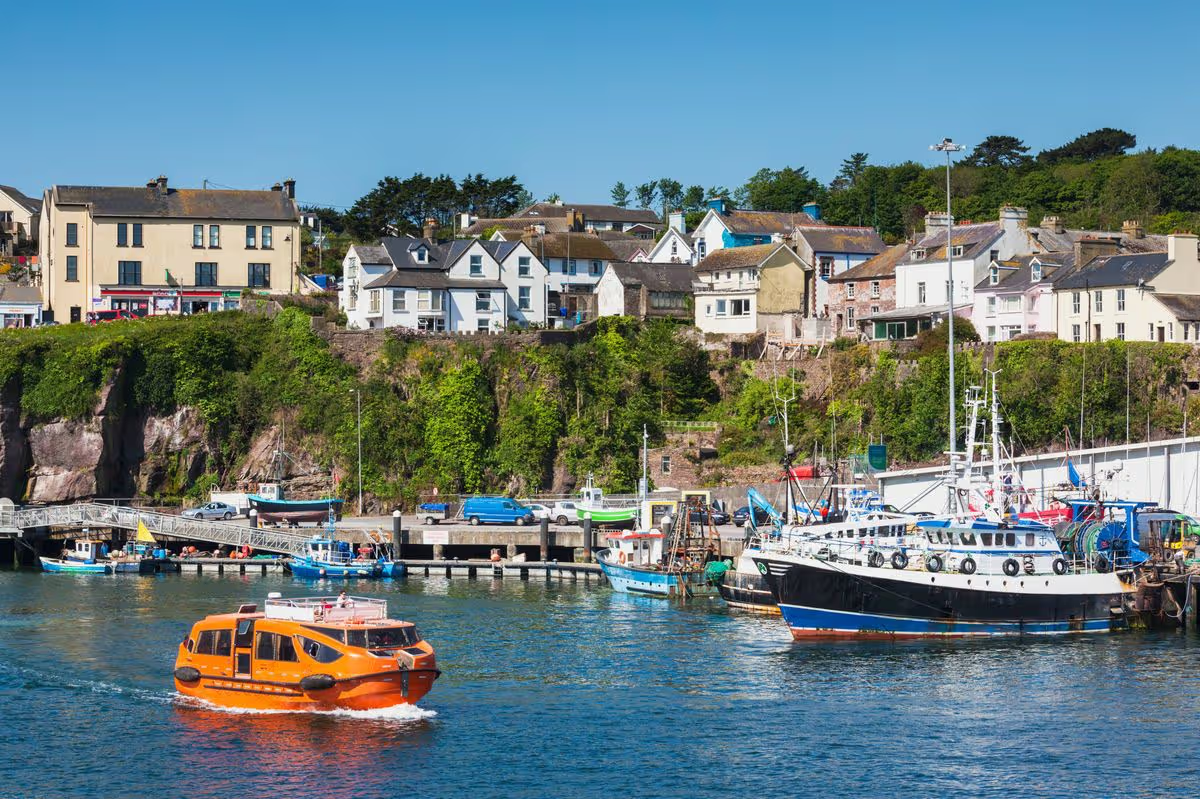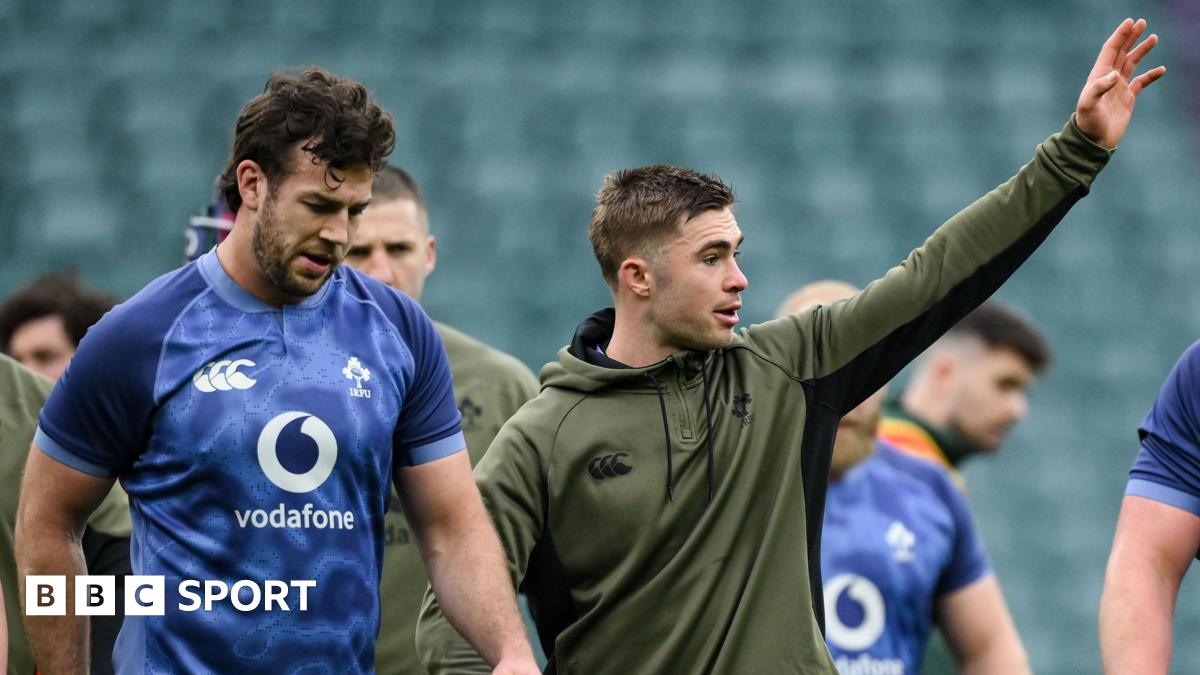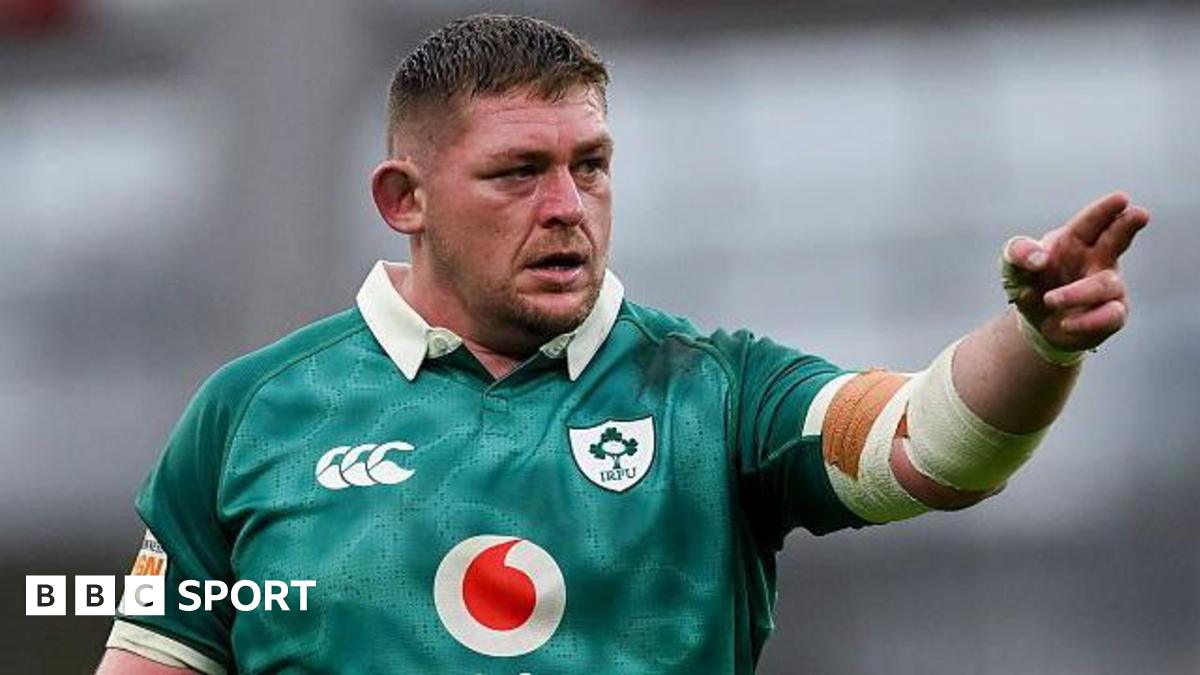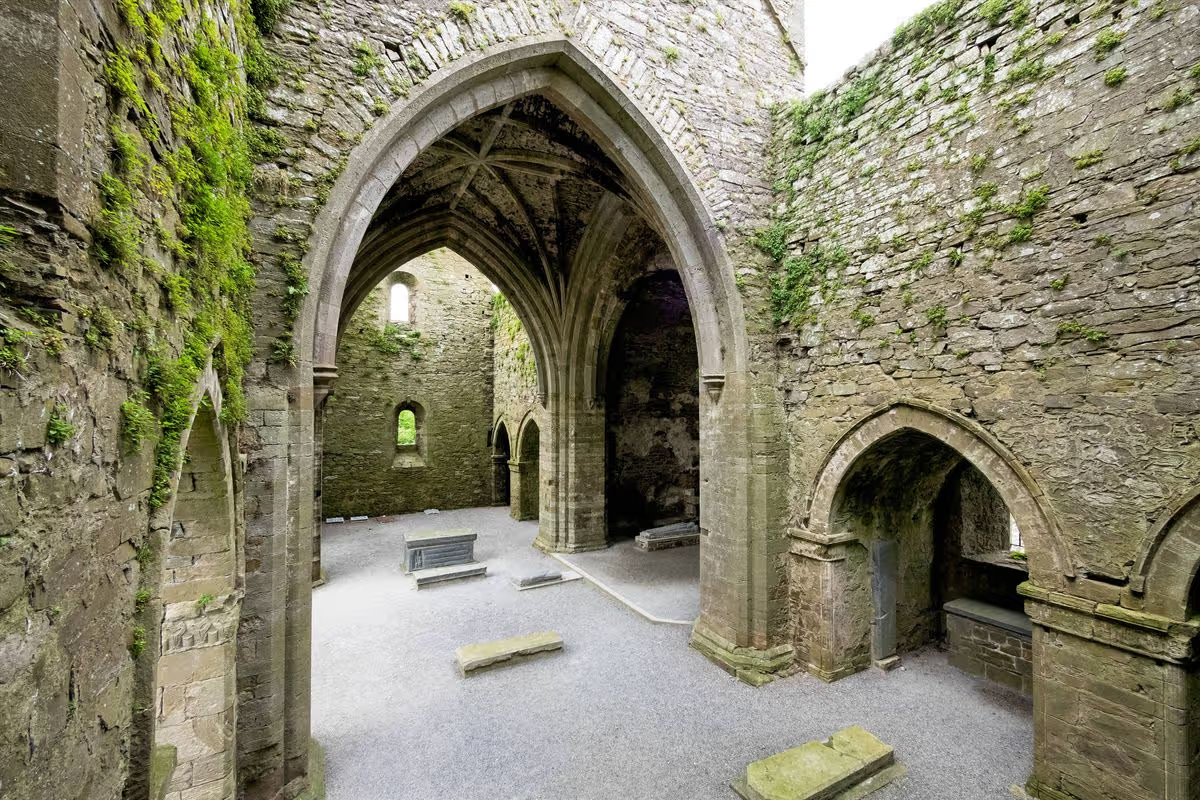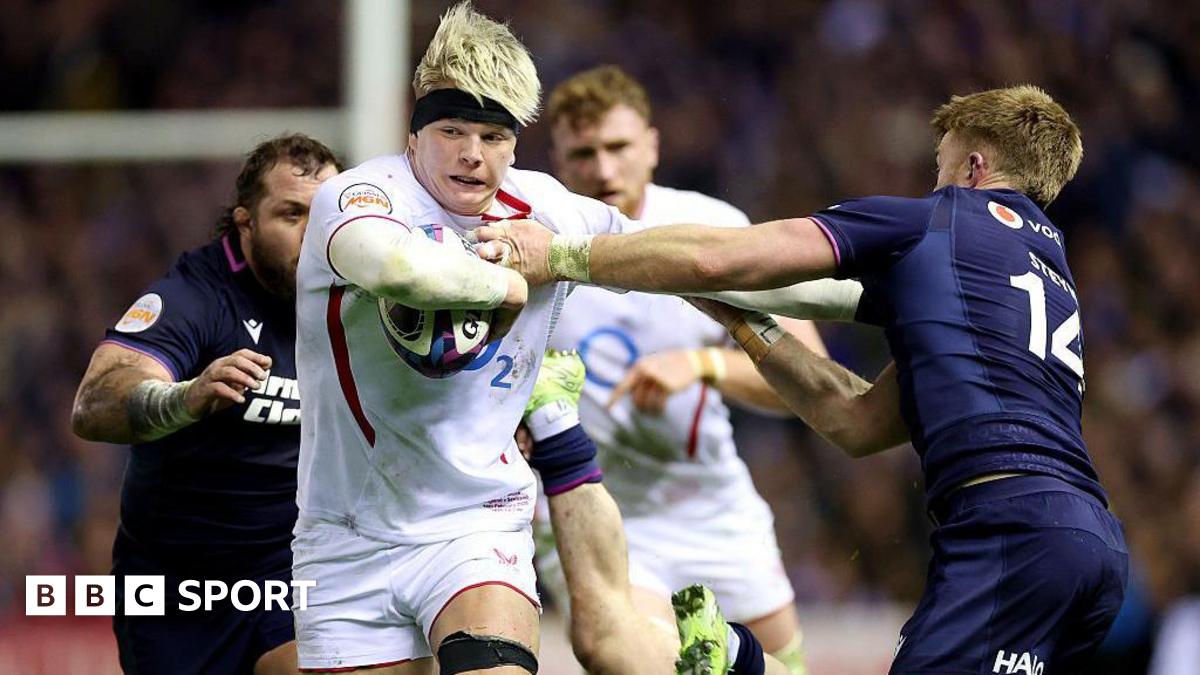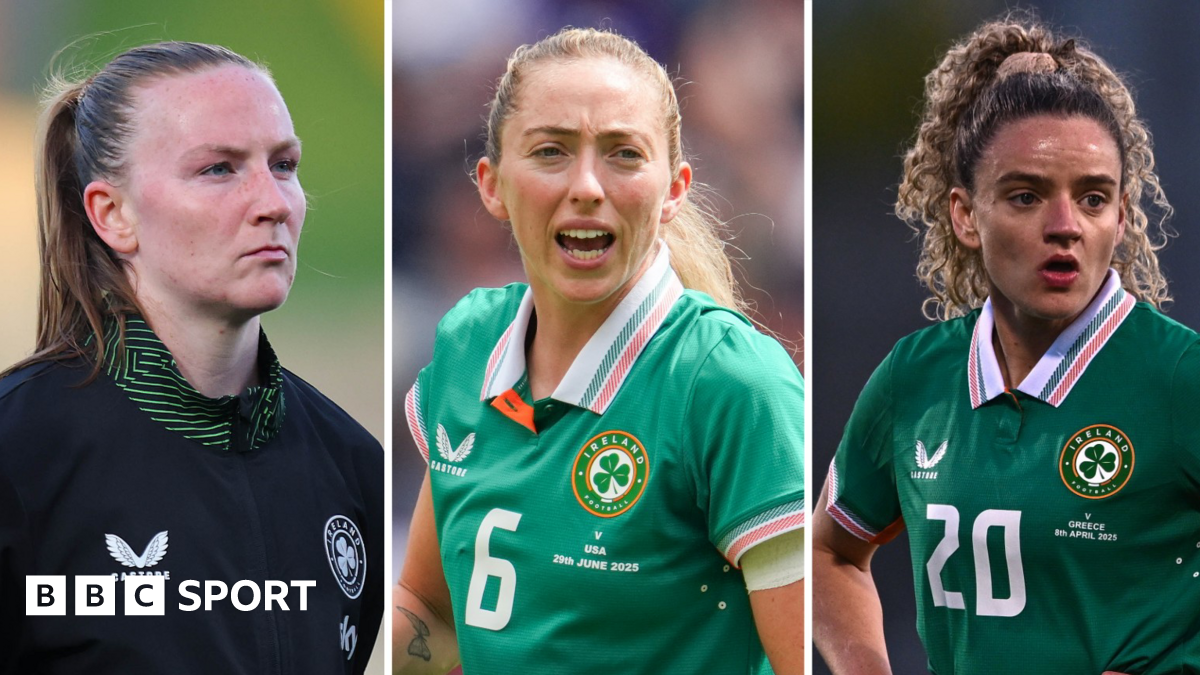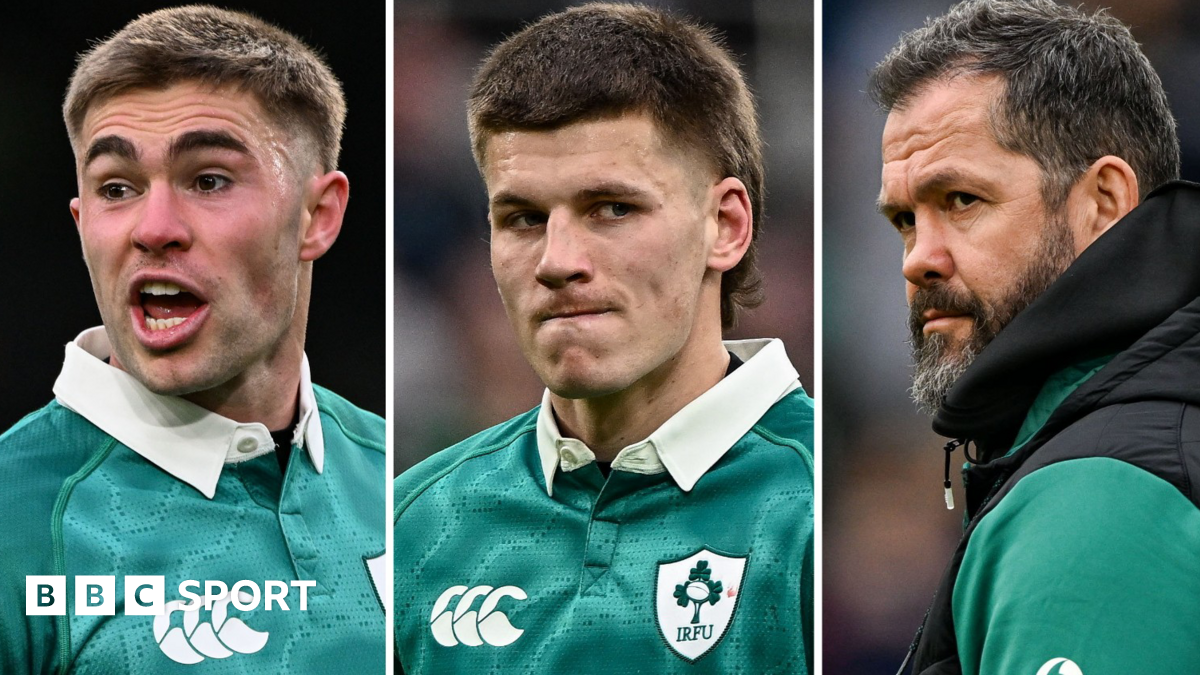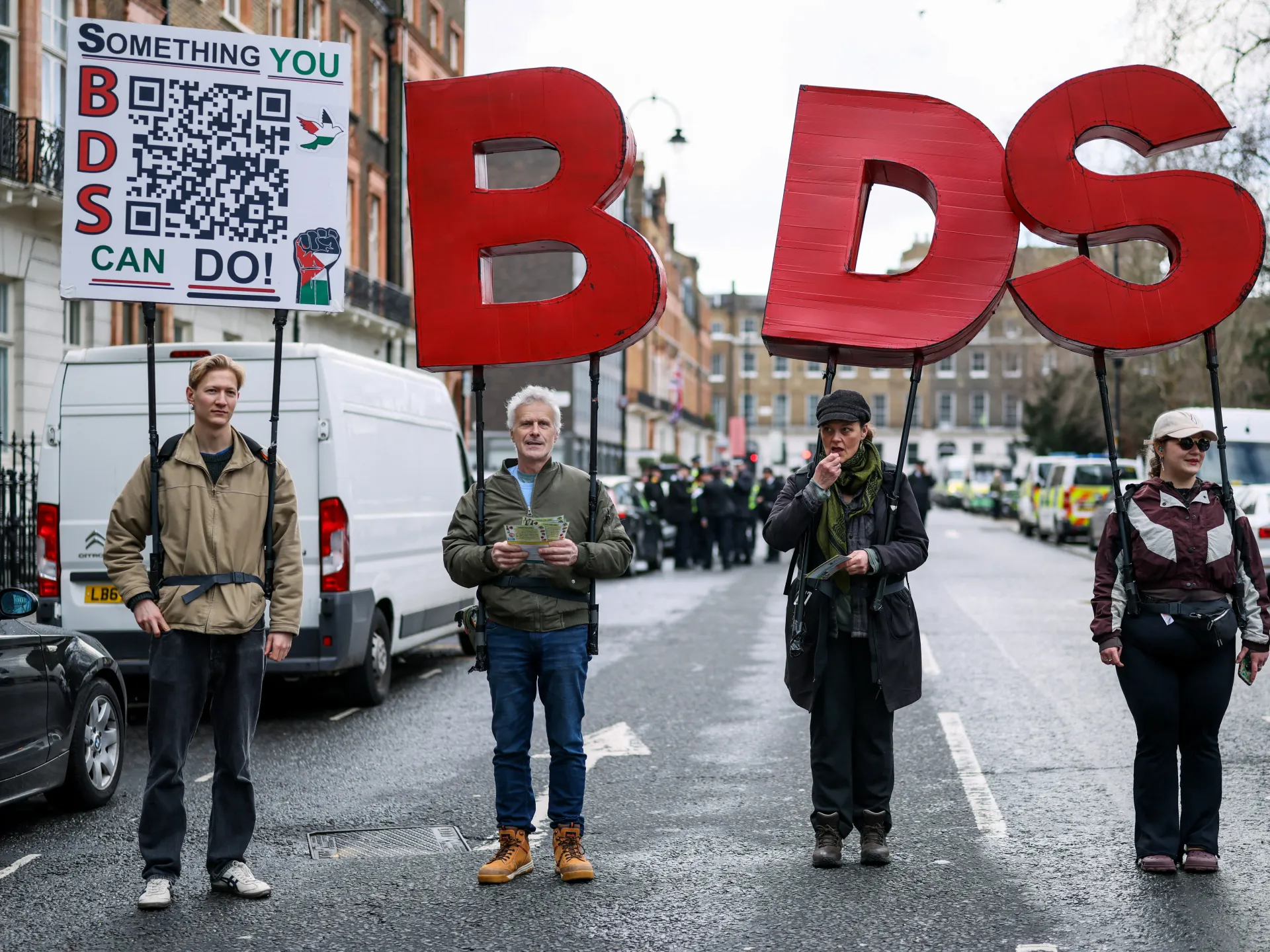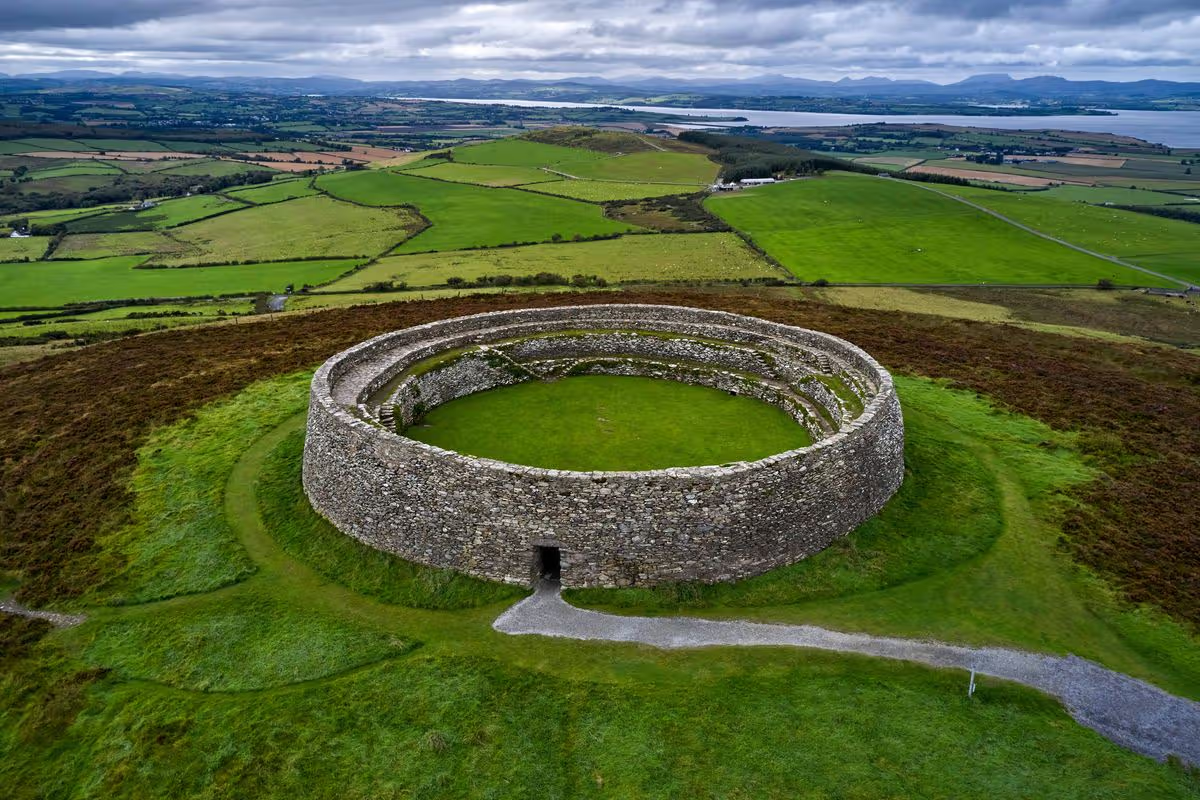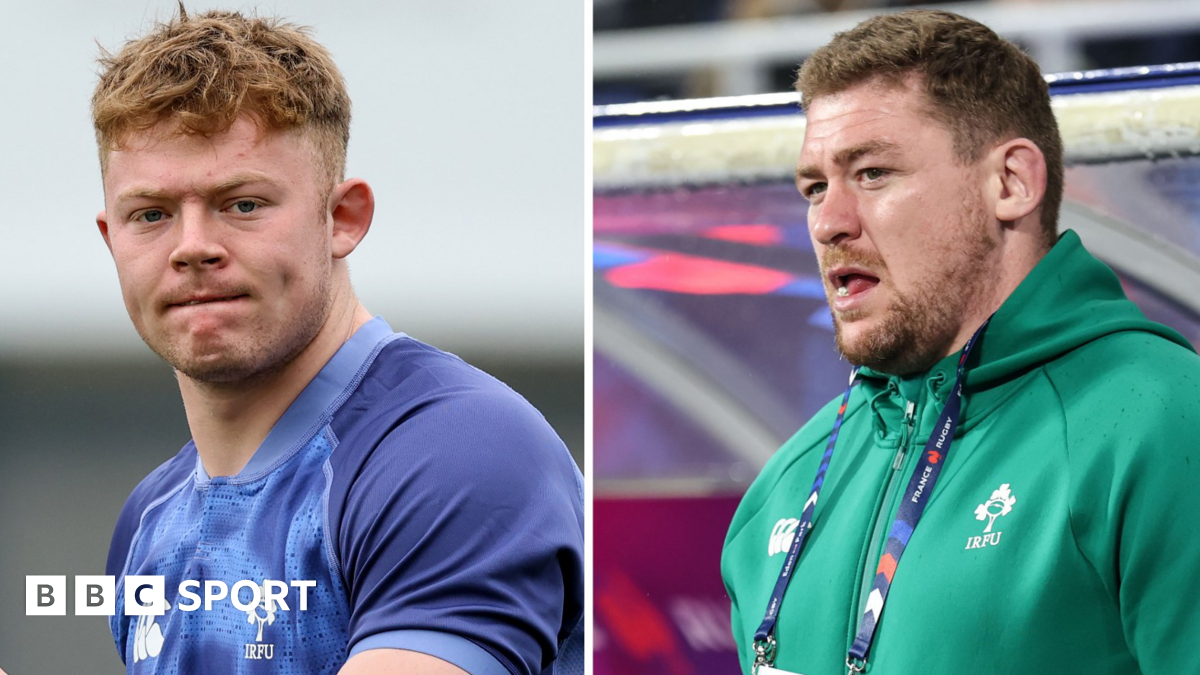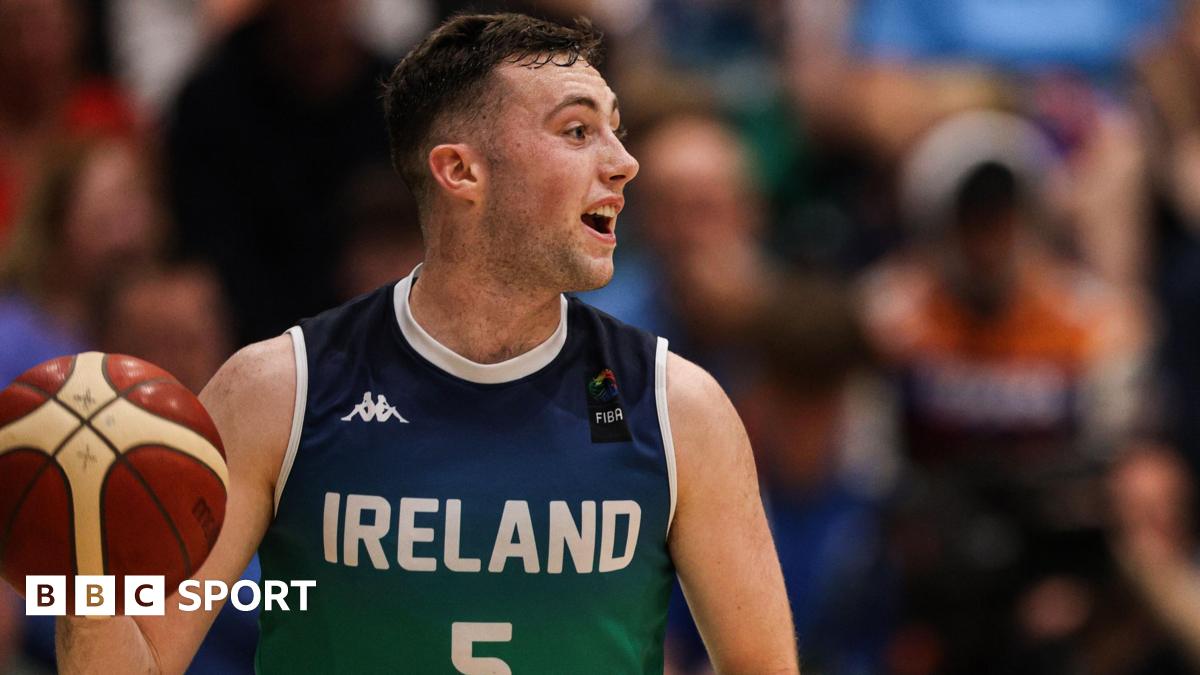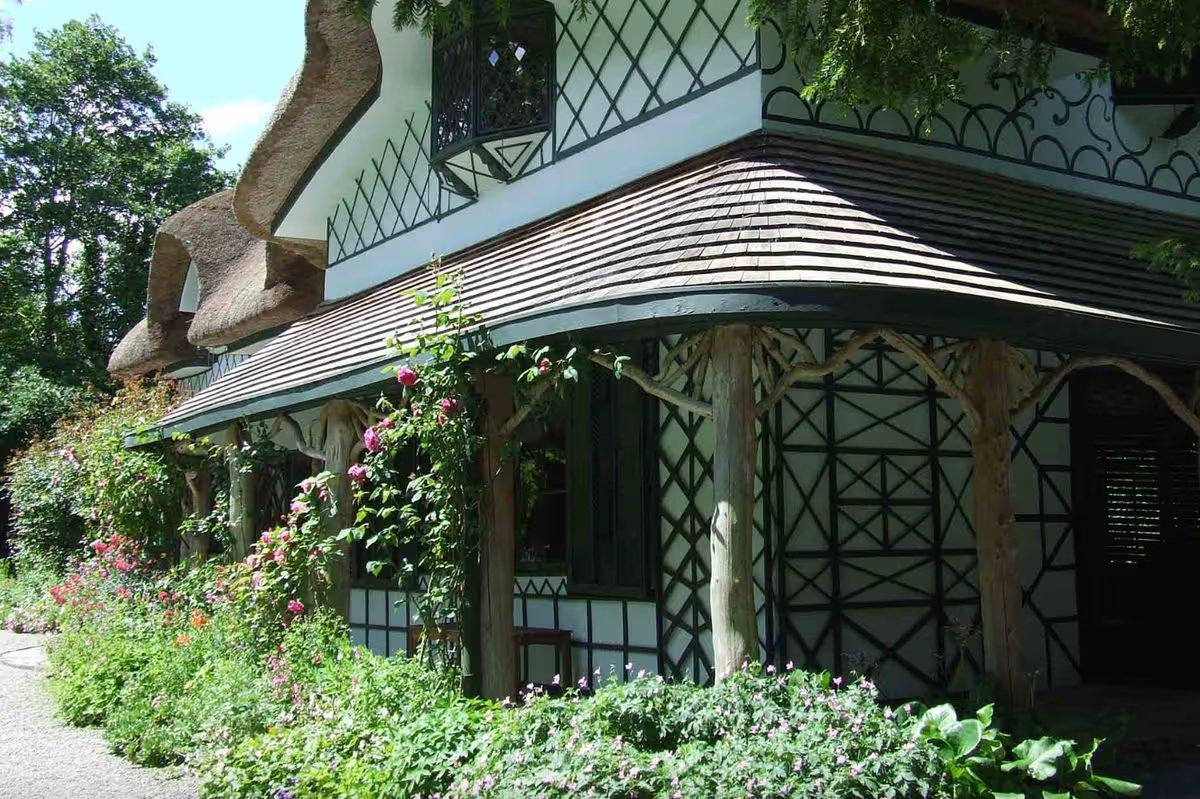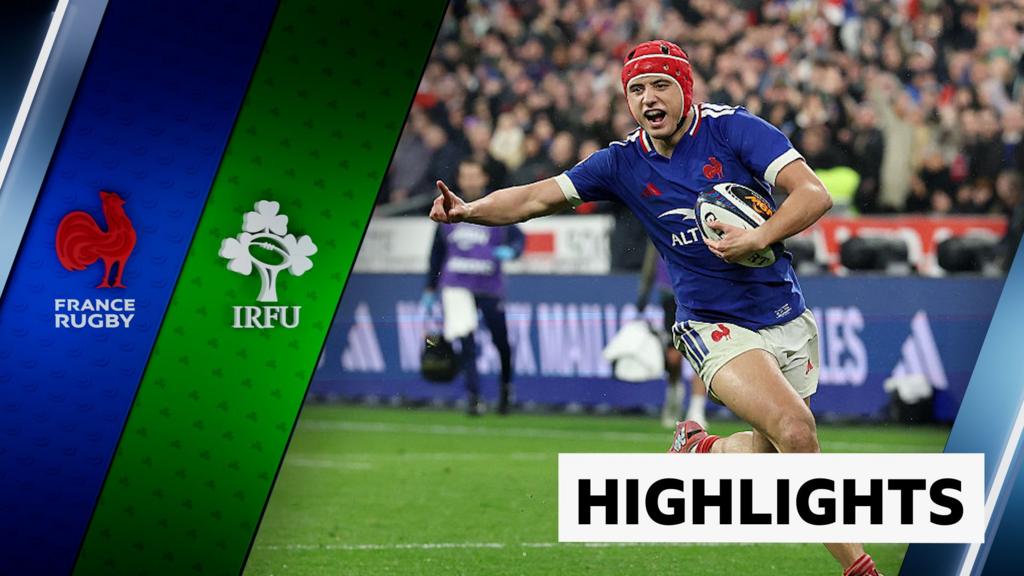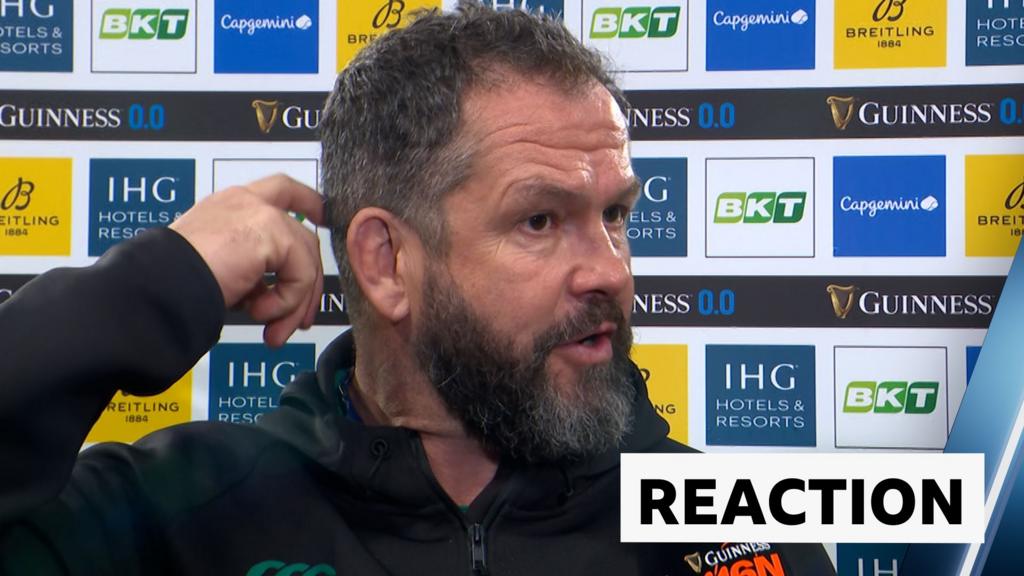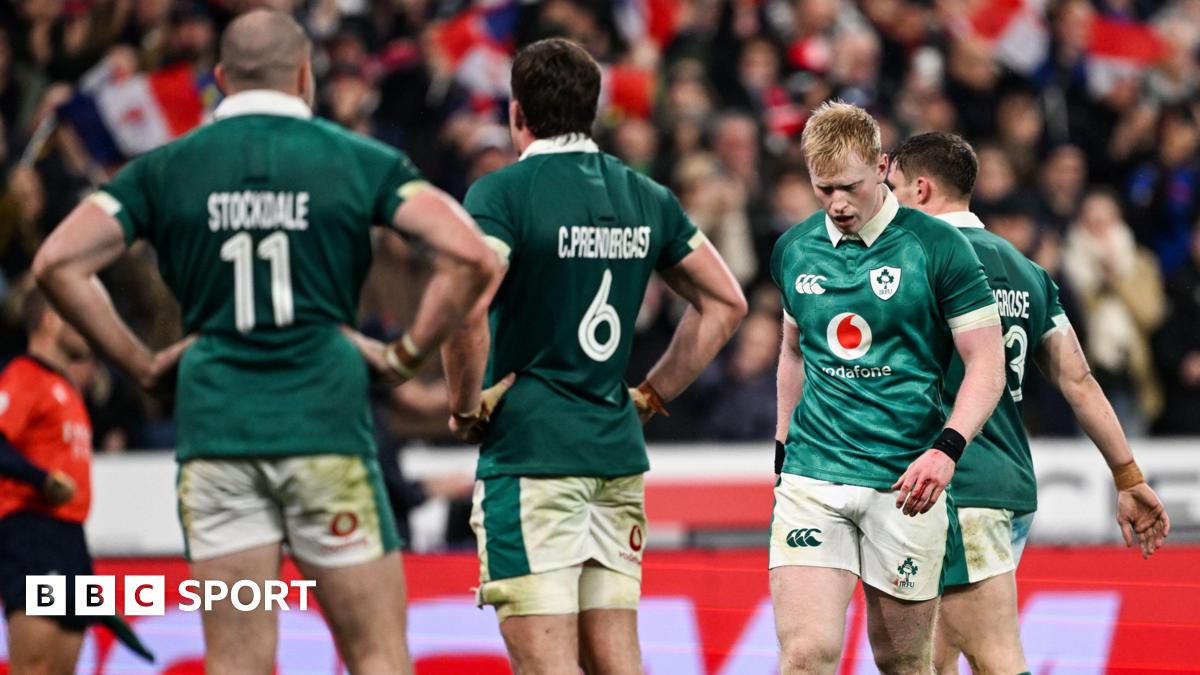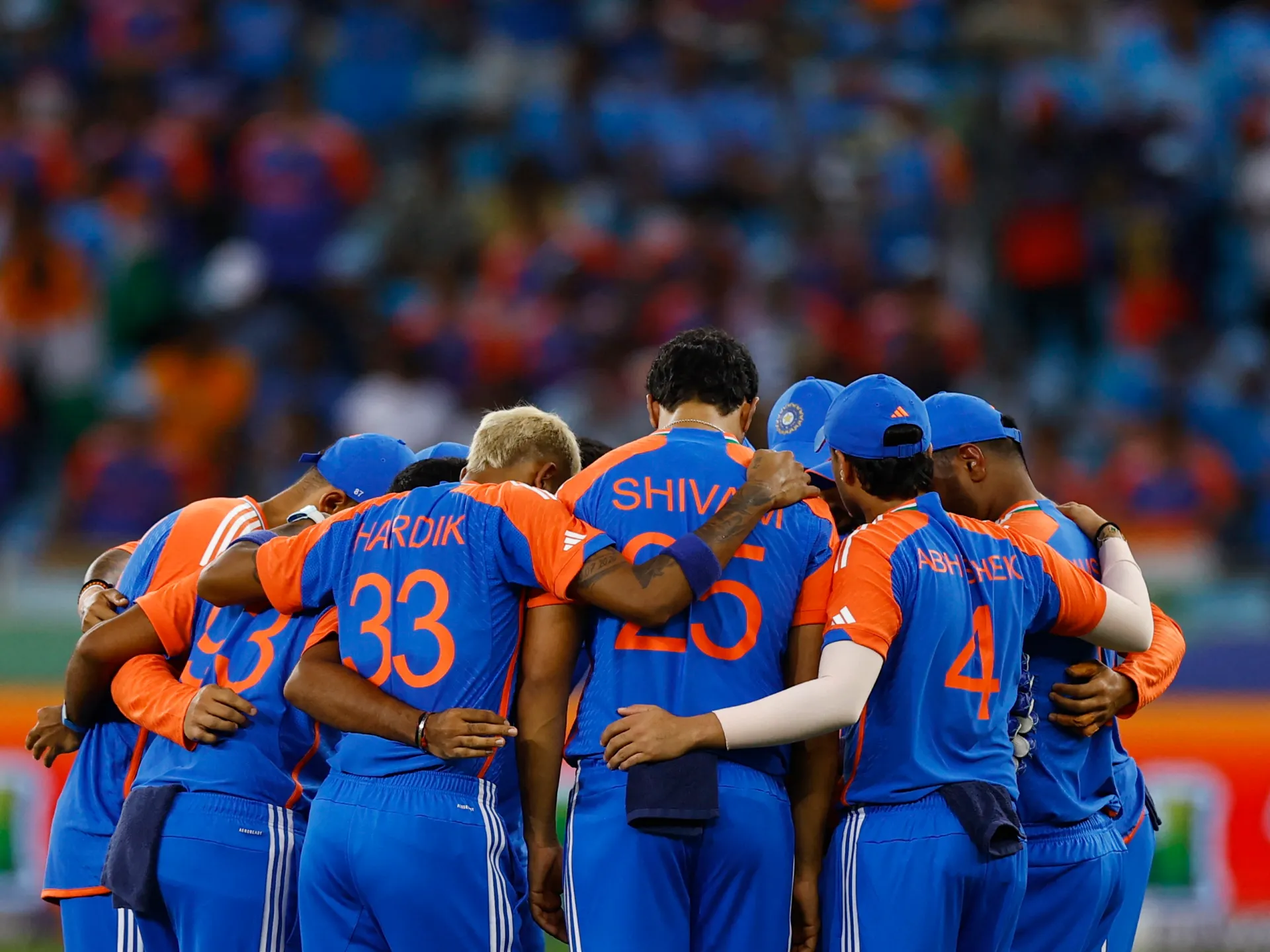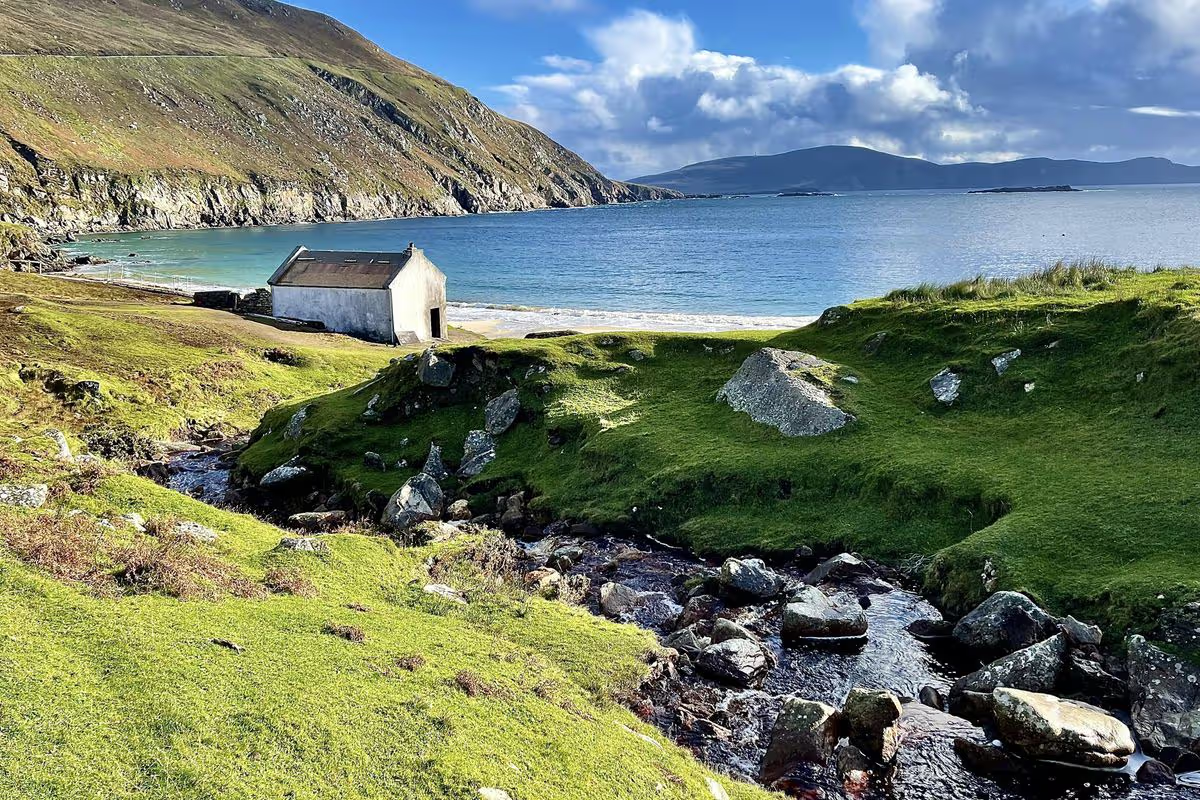This picturesque fishing village in Waterford has everything needed for a tranquil getaway, yet it’s often overlooked by those visiting Ireland’s coast
Compact and picturesque, this Waterford fishing village offers everything required for a peaceful retreat, yet it frequently goes unnoticed by visitors exploring Ireland‘s coastline.
Nestled discreetly on the western edge of Waterford Harbour lies the charming village of Dunmore East, where there’s far more to discover than initially apparent.
Boasting up to six hidden beach coves and numerous scenic walking routes, visitors can fully embrace the splendour of the Irish seaboard.
While it’s thought people have lived in the village since pre-Iron Age times, the area truly flourished during the 1800s when it evolved into a holiday destination.
Playing a significant role in the fishing trade, featuring a delightful beach, a working harbour and an extensive selection of restaurants, it remains an excellent escape from everyday life, even now.
Beaches
Waterford itself boasts up to 147 km of coastline, with Dunmore East comprising part of that stretch, hosting up to six coves throughout the village alone.
These provide ideal locations for snorkelling and swimming, with two principal beaches proving most favoured amongst visitors – Councillors Beach and Lawlors Beach.
Best UK holiday cottage deals

From £27 per night
Sykes Cottages
Sykes Cottages offers a wide range of handpicked holiday homes across the UK and Ireland, from cosy countryside retreats to stunning coastal escapes. Prices start from £27 per night
Lawlor’s is situated directly in the village centre, whilst Councillors is a south-facing shore overlooking dramatic cliffs. One recent visitor posted a Google review, describing it as a “beautiful beach with stunning cliff views”, while another remarked it was “popular for a reason”.
They added: “The most popular beach in Dunmore, which can lead to it becoming crowded at times; however, it is popular for a reason.
“It is the largest beach here, so there is adequate space for everyone. It is sandy rather than rocky, and it is located in an area with very safe water, and lifeguards are on duty often.”
Walks
The standout trail in the vicinity, and arguably throughout the whole of Waterford, is the Dunmore East Cliff Walk, spanning 5km along the shoreline. During the 1830s, the path served as a commuter route for labourers travelling between Portally and Ballymacaw.
It’s a route suitable for all fitness levels and ages, typically taking around two hours to complete, whilst showcasing breathtaking scenery and abundant wildlife throughout.
Particularly noteworthy are the sweeping coastal vistas, including views of Hook Head Lighthouse – one of the world’s oldest functioning lighthouses.
One walker described their experience on TripAdvisor, noting: “An absolutely gorgeous and easy walk along the cliffs above the sea. Stunning vistas, pretty flowers, pastures of sheep and cows. We took a lot of photos! The path is well marked and easy enough for a basic level of fitness.”
For something slightly different, there’s also the Dunmore East Woods walk, guiding you through an impressive 42-acre woodland expanse teeming with wildlife. Visitors can complete a circular route of the grounds or opt to discover one of the four distinct zones within it.
Restaurants
Dining in Dunmore East is an absolute must for genuine food enthusiasts, with numerous establishments offering locally caught seafood that diners consistently praise. A considerable number of these eateries also feature stunning coastal panoramas to complement your meal.
According to TripAdvisor ratings, the village’s top culinary destination is Azzurro, a family-operated restaurant and bar. They primarily offer Mediterranean fare, which patrons have labelled “top class”.
One delighted customer wrote: “This restaurant is top class. Pizzas to die for as well as heavenly desserts. Peroni on draught and fab coffee also. Pleasant and efficient staff. Can’t recommend highly enough.”
For highly-rated seafood in Dunmore East, The Strand Inn Seafood Restaurant sits directly on the waterfront, commanding views across the bay. A previous visitor shared: “Really exceptional service and a great energy in the restaurant and bar.
“Amazing views, sea air, great chowder. The front of house is very helpful, and I can’t recommend it more. It feels like a five-star hotel.”
Additional favourites amongst both locals and visitors include the Bay Café and Harper’s Point, perfect for a swift coffee or midday meal. A recent patron described the Bay café as “uniquely beautiful and quaint”, with many stumbling upon it during their seaside strolls.
